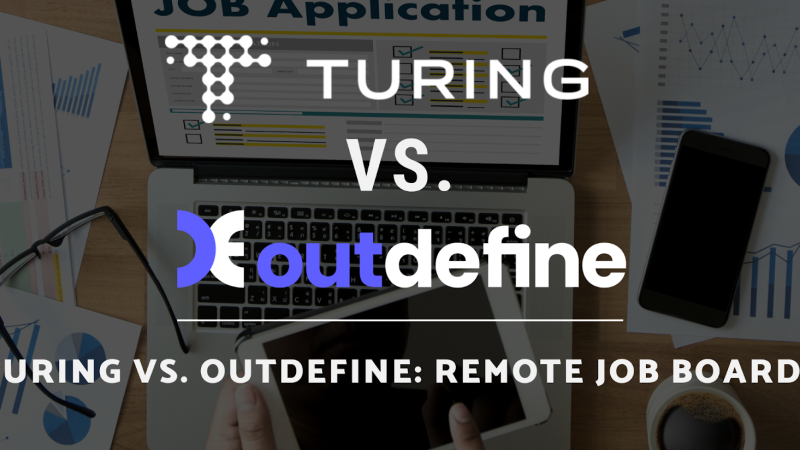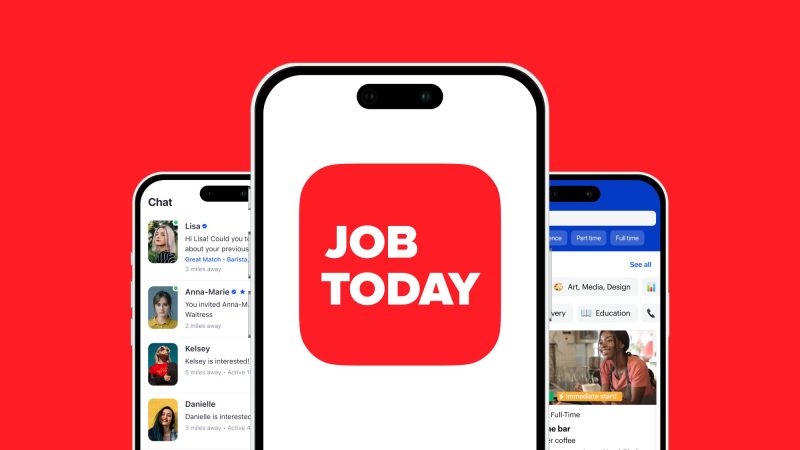How Do You Politely Follow Up on an Application
You’ve polished your resume and submitted dozens of job applications. Now what? It’s not just a waiting game. You can be proactive and follow up on your application.
But how?
It is important to be polite and tactful in doing so. Your follow-up can either make a good impression and help you get the job, or it can hurt your chances.
Below, we’ll discuss some of the dos and don’ts of following up on a job application. You can also check out this article for more information.
Why Follow Up on a Job Application?
You may be wondering, “Why should I follow up on a job application at all? Aren’t they responsible for contacting me?”
This is true – if you get the job.
If you don’t get hired, you may be left wondering for a long time. Jobvite reports that the average hiring period lasts more than five weeks.
Knowing whether any of your applications have been accepted can help you make good decisions in your job search, for example, whether you should continue to research openings and submit applications.
Following up can also reflect well on you – so long as you do it in the right way. Following up shows initiative, enthusiasm, and that you’re serious about the job. It can also remind the hiring manager that you exist as they sort through perhaps hundreds of resumes.
Methods of Following Up
Today, so many communication methods are available to us – email, phone calls, text messaging, social media, and good old-fashioned face-to-face conversations. Which method is best for following up on your job application?
Whether you’re looking for a job in the tech industry or elsewhere, email is by far the most successful follow-up method. It is quick, easy, and non-invasive. In fact, Robert Half Talent Solutions reported that nearly half (46 percent) of hiring managers consider email to be the best way a candidate can follow up.
Another successful method is by phone. The same survey noted that 39 percent of hiring managers prefer a phone call follow-up.
In-person walk-ins, text messages, and social media weren’t so well received. Only seven percent of hiring managers welcomed in-person visits, and two percent accepted social media or text messages.
So, if you’re striving for politeness, opt for an email or a phone call.
Polite Follow-Up Dos and Don’ts
We’ve already established the preferred methods of following up:
- DO follow up by email or phone
- DON’T follow up by text message, over social media, or in-person
But what should you say in your email or phone call in order to be polite?
DO
- Wait at least a week before following up on your application. After all, the hiring manager needs time to read it!
- Address the hiring manager by name.
- State the position you applied for and when.
- Clearly ask for information on their decision-making timeline.
- State your enthusiasm, perhaps mentioning what you hope to bring to the company.
- Compose a clear subject line for your email, such as “Following up on job application for [insert position name].”
- Attach your resume and cover letter to your email.
- Offer to provide additional information if needed.
- Include relevant contact information, such as your full and phone number (in both emails and phone conversations) and your LinkedIn profile (email only).
- Choose your words carefully so that you always sound polite and respectful.
What should you avoid?
DON’T
- Follow up the very next day after handing in your application; wait at least a week.
- Wait too long to follow up – if you wait weeks or months, the position may already be filled.
- Fill the hiring manager’s email inbox or voicemail box with repeated messages. One is usually enough.
- Beg for the job or present your situation as desperate.
- Ask about benefits or salary. The time for that will come later in the hiring process.
But what if your email or voicemail elicits no response?
What to Do When You Get No Reply
Waiting for a response can be exasperating, but resist the urge to repeatedly call or email. Remember, hiring managers have many responsibilities, so it may take some time for them to get back to you.
Wait at least a week before making a second attempt. When you do, be sure to keep any frustration from showing through in your email or voice. Consider switching up your method – if you called first, send an email this time. And if you emailed first, make a phone call.
If your second attempt results in no response, it may simply be time to move on to another job opportunity.
Key Takeaways
- Following up on your job application can relieve stress, make you more memorable to the hiring manager, and help you make good job search decisions.
- Follow up by email or phone.
- Address the hiring manager by name, include the position title, and don’t forget your contact information.






